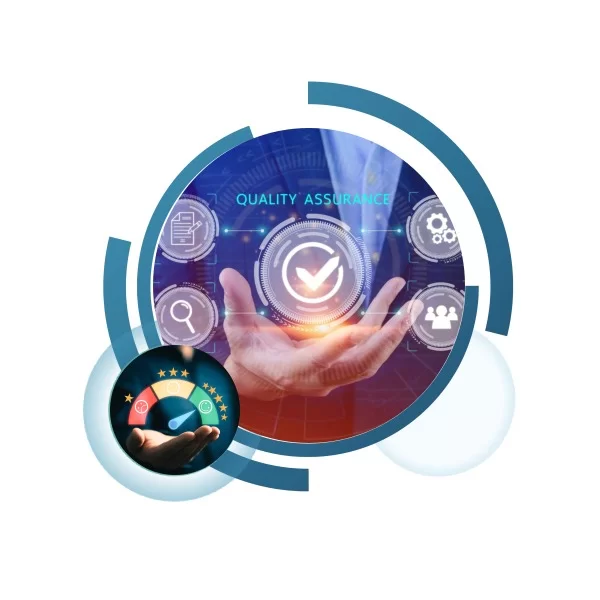One example of quality assurance in action is during the medication manufacturing process in the pharmaceutical industry.
First, the raw materials sent from suppliers must be inspected, tested, and validated to ensure they meet quality standards. Once approved, they can be used in the manufacturing process.
Throughout the manufacturing process, strict controls and procedures help to ensure that medications meet the required specifications. Testing is conducted regularly throughout the process to monitor variables such as temperature, pH, and pressure.
Following the manufacturing process, further comprehensive testing is carried out. This helps to confirm the medication’s potency, stability, and purity to ensure that it is suitable for its purpose before it reaches the consumer.
Throughout the process, QA teams work closely with regulatory departments to ensure compliance with current regulatory standards. Records and testing results must be maintained to ensure traceability throughout the entire product lifecycle and provide a thorough audit trail.




